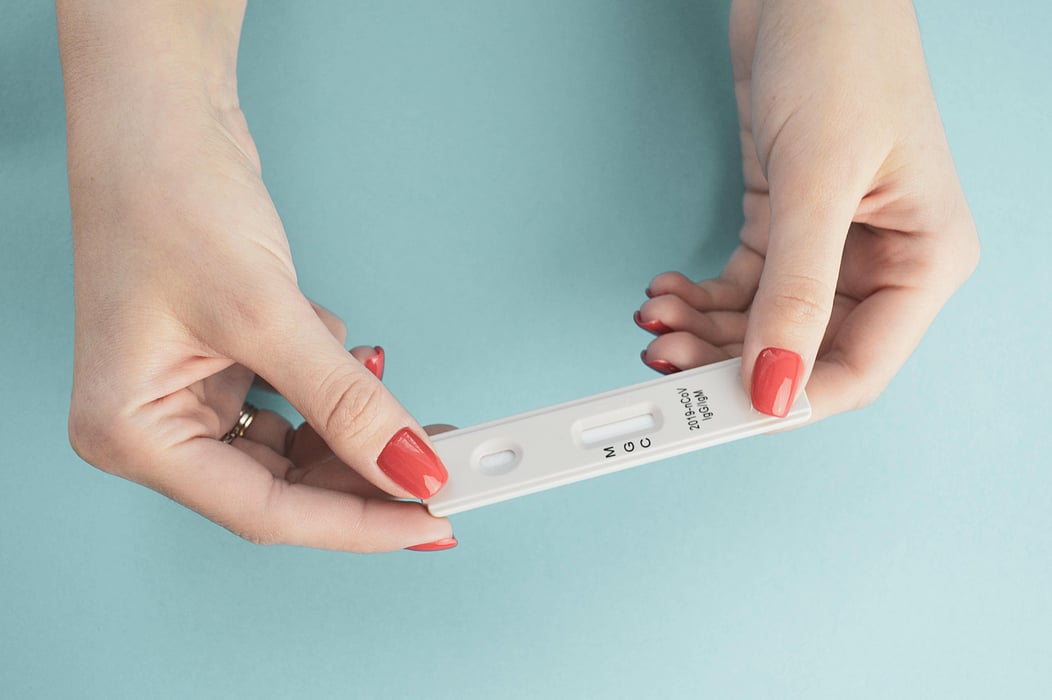Proportion of Asymptomatic SARS-CoV-2 Infections Unclear

FRIDAY, May 27, 2022 (HealthDay News) -- Most severe acute respiratory syndrome coronavirus 2 (SARS-CoV-2) infections are not asymptomatic and the secondary attack rate is lower for asymptomatic versus symptomatic infections, according to a review published online May 26 in PLOS Medicine.
Diana Buitrago-Garcia, from the University of Bern in Switzerland, and colleagues updated a living systematic literature review to examine the proportion of patients infected with SARS-CoV-2 who do not experience symptoms and the infectiousness of asymptomatic and presymptomatic compared to symptomatic SARS-CoV-2 infection.
The researchers found that based on 130 studies, heterogeneity was so high that the proportion of asymptomatic infections could not be estimated overall (interquartile range [IQR], 14 to 50 percent; prediction interval, 2 to 90 percent); similar results were seen in 84 studies based on screening d-fined populations (IQR, 20 to 65 percent; prediction interval, 4 to 94 percent). The summary proportion asymptomatic was 19 percent in 46 studies based on contact or outbreak investigations (IQR, 15 to 25 percent; prediction interval, 2 to 70 percent). Based on eight studies, the secondary attack rate was 0.32 in contacts of people with asymptomatic infection versus symptomatic infection (prediction interval, 0.11 to 0.95). The proportion of all SARS-CoV-2 transmission from presymptomatic individuals was higher than from asymptomatic individuals in 13 modeling studies fit to data.
"The true proportion of asymptomatic SARS-CoV-2 infection is still not known," a coauthor said in a statement. "People with truly asymptomatic infection are, however, less infectious than those with symptomatic infection."
One author disclosed financial ties to Sefunda.
Abstract/Full Text (subscription or payment may be required)
Related Posts
El café es bueno para los riñones
MARTES, 7 de junio de 2022 (HealthDay News) -- Más buenas noticias para los...
La FDA estira el suministro de vacuna contra la viruela del simio al autorizar dosis más bajas
MIÉRCOLES, 10 de agosto de 2022 (HealthDay) -- Mientras los estadounidenses en...
En breve, dos vacunas podrían proteger a los adultos mayores del VSR
JUEVES, 16 de febrero de 2023 (HealthDay News) -- Las personas mayores cuentan...
